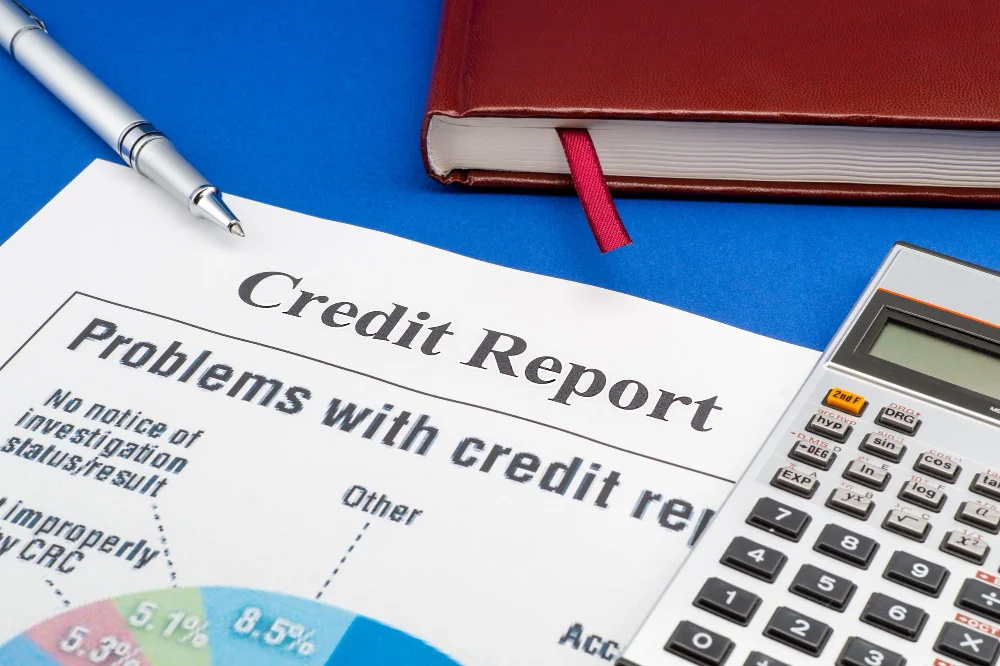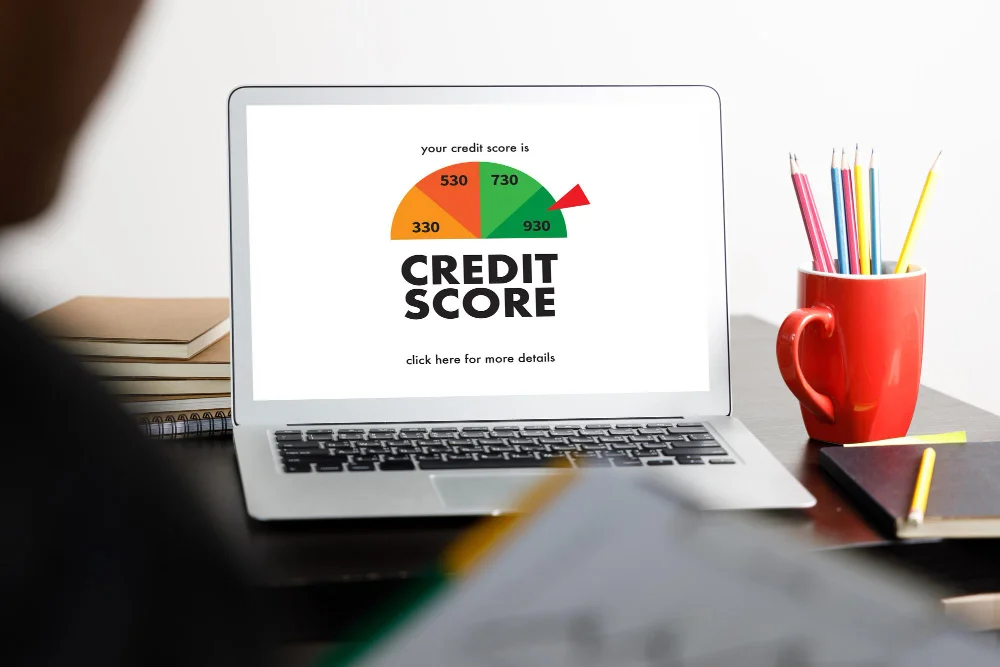
Credit Utilization and Its Impact on Your Credit Score
Have you ever wondered about that three-digit number known as your credit score? What factors can badly affect it, or perhaps if you’re struggling with a low score, how can a New York Credit Repair Company help you to improve it? Well, understanding the bits and bobs of credit scores is a tad tricky, but one important factor that constitutes the score is the credit utilization ratio, sometimes also called the credit card utilization ratio.
So before we delve into the topic of “How using a credit card can affect your credit scores, let’s take a moment to understand the meaning of “credit card utilization” and its impact on your credit score.
What is Credit Utilization?
Credit utilization is a simple ratio that represents the amount of credit you’re using compared to the total credit available to you. Let’s say you have a credit card with a $10,000 limit, and you’ve spent $3,000; your credit utilization is 30%.
This percentage is super important because many companies use it to guess how risky it is to lend you money. Most financial pros say it’s best to use less than 30% of your credit.

Why?
Because if you use only a small part of your credit, it gives an impression to the lender that you’re good with money management and not over-dependent on credit. And guess what? This can help boost your credit score.
Why is Credit Utilization Important?
The utilization of credit is an important factor that determines your credit score. It makes up 30% of your FICO score, which is widely used by lenders to determine a borrower’s credibility. When your credit utilization ratio is high, it suggests that you may be spending excessively or experiencing challenges. Lenders might hesitate before granting you a loan or approving another credit card for you. So, keeping an eye on this can really help you out in the long run!
Impact of High Credit Utilization
Decreased Credit Score
A good credit score can make all the difference when trying to secure a loan or even rent an apartment in the city. Whereas, high credit utilization negatively impacts your credit score.
Higher Interest Rates
Lenders might view you as a high-risk borrower and could charge higher interest rates on loans or credit cards.
Difficulty Getting Loan Approved
High credit utilization can lead to challenges when trying to get approved for new lines of credit.
How Credit Utilization Rate Affects Your Credit Scores
Have you ever wondered how having a high balance on your credit card can impact your credit score? Let’s dive into it. When you spend an amount on your credit card and don’t pay it off immediately, it can potentially lower your credit score. However, if you begin repaying the amount owed and your credit card company reports the reduced utilization to the credit bureaus, you may start seeing improvements in your score within one month.
Tips to Improve Your Credit Utilization
Pay Balances Regularly
Don’t wait for the month to end to pay your card bills. By making payments more than once a month, you ensure your balance stays low. Here’s a little insider info: credit card companies usually report to credit bureaus monthly. If you pay off some or all of your bills before that, you’re already on your way to a lower credit utilization.
Use a Few Cards
Instead of charging everything to one card, spread it out over a couple of cards. This way, you have several accounts with low utilization rather than one with utilized at max. However, certain credit score models assess both your credit utilization and the utilization of individual cards. So, this strategy may not always be effective.
Request a Credit Limit Increase
Perhaps it’s worth considering asking for an increase in your credit limit. By raising your credit limit (without increasing your spending), you can decrease your credit utilization ratio. However, it’s important to be cautious as this could sometimes lead to a detailed check on your credit.
Avoid Closing Old Accounts
Here’s something to think about: if you have balances on other cards, closing this particular one could lower your credit ratio. Why? Because your overall debt remains unchanged, whereas the amount of credit available to you will slightly decrease. Instead of closing it, you could just store the card in a place. This way, you can still enjoy the advantage of having its credit.
Low Credit Utilization
Well, there’s no perfect number for a good ratio, but experts recommend keeping it under 30%. People with top-notch scores often have ratios under 10%. If you’re over 30%, it’s best to bring it down.
But here’s a twist: aiming for 0% might not be the best. FICO says sometimes a 0% ratio could ding your score. Why? Lenders want to see you handle credit well. Using none at all doesn’t show them how responsible you can be.
How Credit Repair Services Can Help in this Process?
Have you ever looked at your credit report and thought, “That doesn’t seem right”? Maybe it’s not the same as what you had reported to the creditor. Or perhaps there’s an account you know you closed, but it’s still listed as open. Don’t worry! If something doesn’t seem right, reach out to Credit Max Solutions for help.

You can also discuss this with one of our credit repair experts. They can help set things straight by disputing wrong information on your report. This could even get some of those errors removed for good. Just remember to keep all the documents ready before making your point. It’ll make things smoother!
Bottom line
Carrying a balance on your credit card isn’t the only way to show you’re using it. Even if you pay off your card bill every month (high five for that!), just swiping your card here and there is enough to keep it active.
Experts recommend keeping your credit card use under 30% but there’s a bit more to the story. Lenders don’t just look at percentages; they also check out the total dollar amount you have as credit. So, if your credit limit isn’t high, don’t get stressed if you use it over that percentage. Further, if you have already fallen into the pit-hole and looking for a way out to dispute errors on your credit report call us at 888-660-0641

